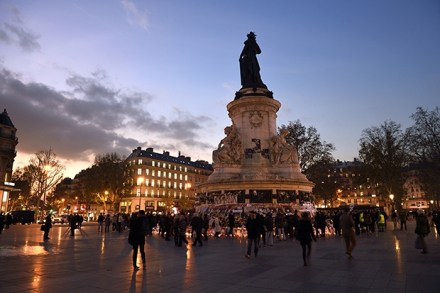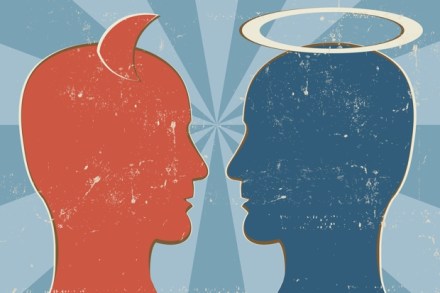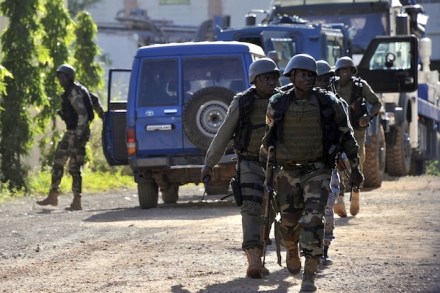There’s nothing cowardly about the French
Several years ago I visited the village of Couillery in Lower Normandy to interview Juliette Girard for a book I was writing about the wartime SAS. She was 80, small, grey and bird-like. She still lived on the farm on which she’d grown up, the same farm where in the summer of 1944 she hid three members of the SAS. The Germans knew the British had parachuted into the area and for nearly two weeks they scoured the countryside. They came to the farm where Juliette lived with her parents; they searched it inside out, but the soldiers had been smuggled out of the back, across a field and into



















